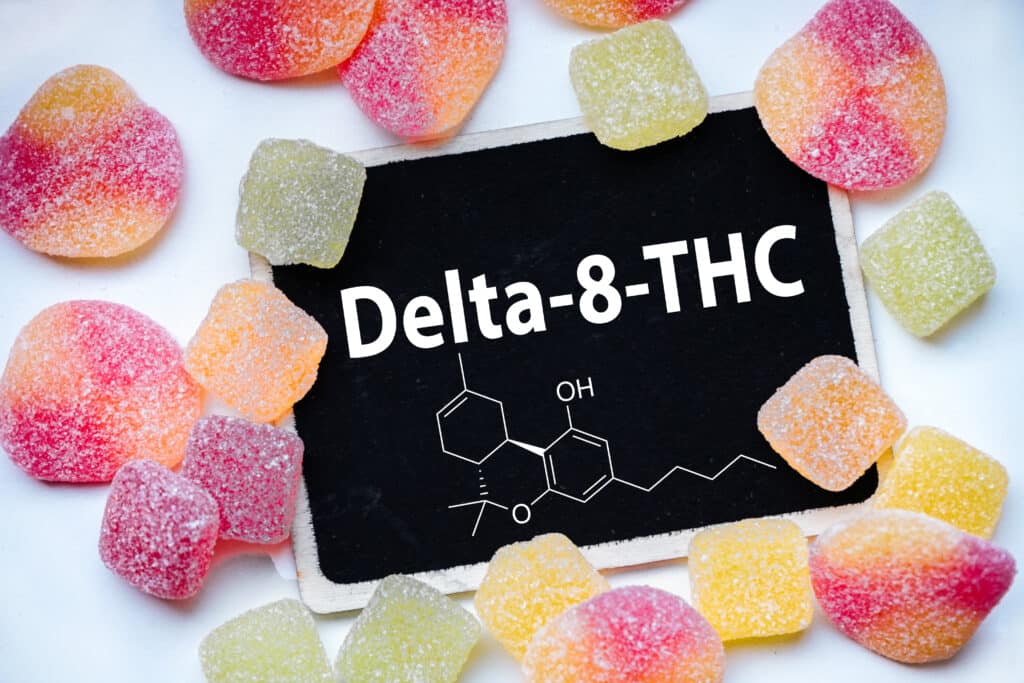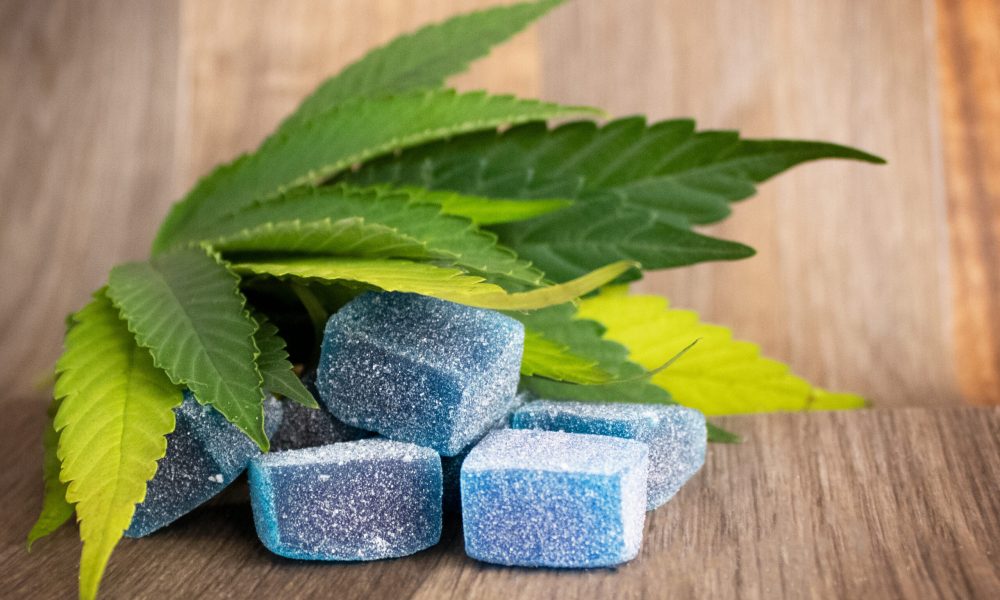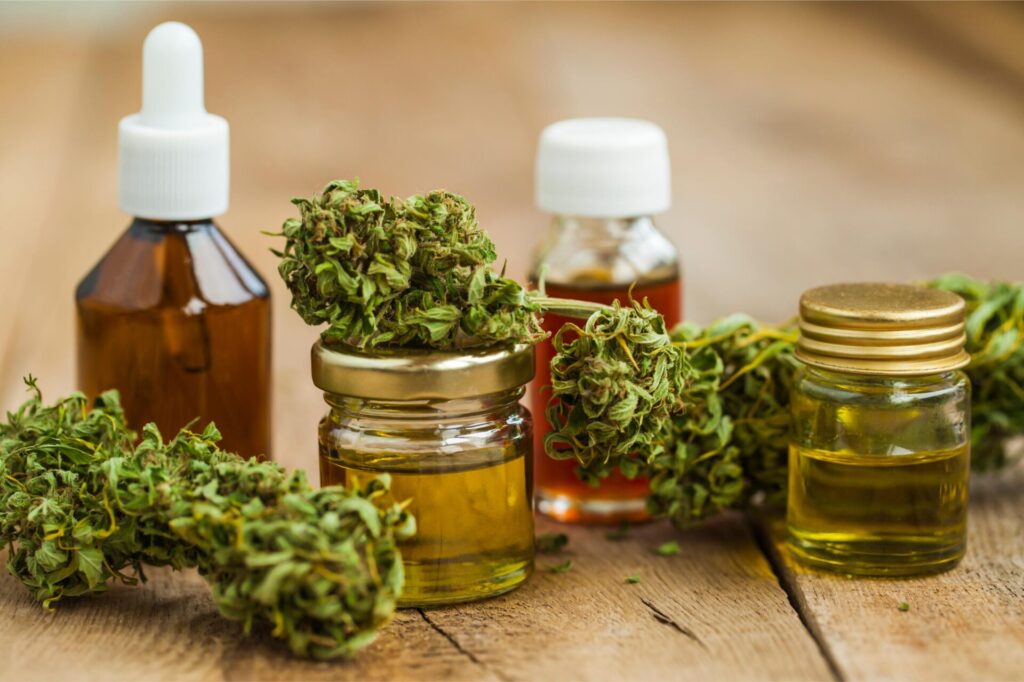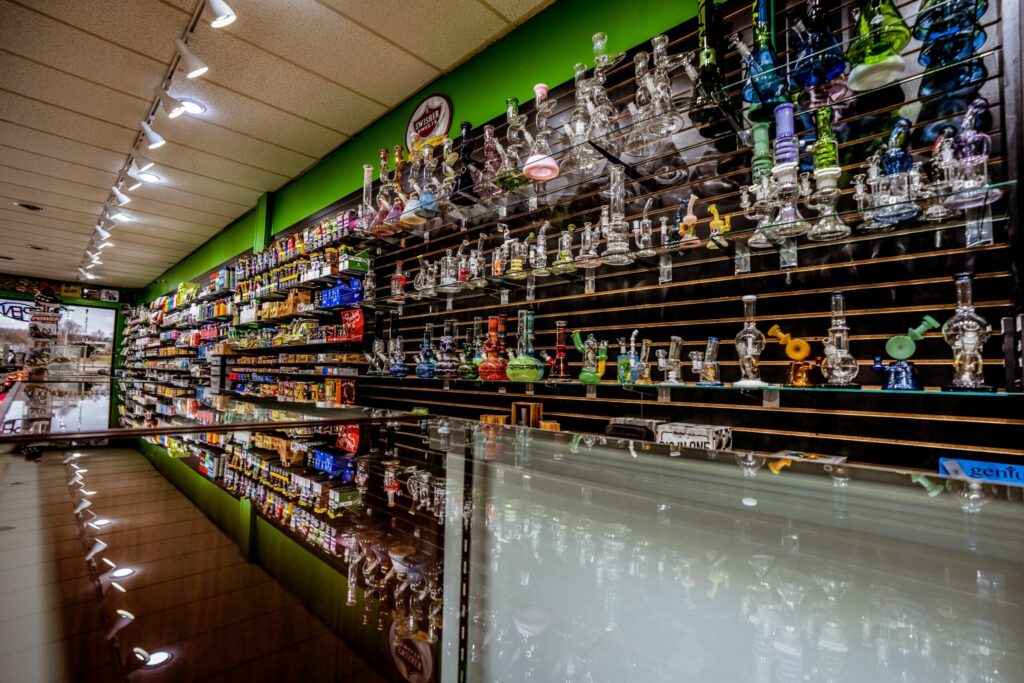In the ever-expanding landscape of cannabis and its derivatives, Delta-9 THC has emerged as a noteworthy player, capturing the interest of both consumers and regulators alike. As discussions around its potential benefits and risks take center stage, the question of legality becomes paramount. This blog post seeks to unravel the intricacies surrounding the legal status of Delta-9 THC, delving into the federal and state frameworks, quality considerations, and the dynamic nature of regulations. While Delta-9 THC offers a unique alternative, the path to understanding its legality is riddled with nuances that demand careful exploration.
Understanding Delta-9 THC
Delta-9 THC, a cannabinoid found in the cannabis plant, shares similarities with its more well-known counterpart, Delta-9 THC, but its distinct molecular structure results in milder psychoactive effects. Unlike Delta-9 THC, Delta-9 THC is often derived from hemp, a legal distinction under the 2018 Farm Bill, which legalized hemp and hemp-derived products with a Delta-9 THC concentration of 0.3% or less.
Consumers are drawn to Delta-9 THC for its potential therapeutic benefits without the intense psychoactive effects associated with Delta-9 THC. Reported properties include antiemetic, anxiolytic, appetite-stimulating, and pain-relieving effects. However, the conversion process from CBD to Delta-9 THC, employed in its production raises concerns about product purity and safety. As research on Delta-9 THC is ongoing, consumers should exercise caution, choose products from reputable sources, and stay informed about emerging findings in this evolving landscape.

Federal Legal Landscape
The federal legal status of Delta-9 THC is primarily shaped by the 2018 Farm Bill, a pivotal piece of legislation that legalized hemp and hemp-derived products, including cannabinoids like Delta-9 THC, as long as the Delta-9 THC concentration remains below 0.3%. This distinction between hemp and marijuana is crucial, as Delta-9 THC derived from hemp is technically legal at the federal level.
The 2018 Farm Bill marked a significant shift in cannabis policy, acknowledging the potential economic and industrial benefits of hemp cultivation. However, it’s important to note that while federal law provides a broad framework, individual states retain the authority to regulate and enforce their cannabis laws. As a result, there is considerable variation across states regarding the legality of Delta-9 THC. Some states have explicitly embraced its legality, while others have imposed restrictions or outright bans, necessitating a careful examination of state-specific regulations for consumers to navigate the legal landscape effectively.
State Variations
Several states have embraced the legality of Delta-9 THC, aligning with federal regulations and allowing its production, sale, and consumption. However, a growing number of states have taken a more conservative stance, explicitly banning Delta-9 THC or imposing restrictions on its availability. These variations necessitate consumers to be vigilant and informed about the specific regulations in their state to avoid potential legal consequences.
Some states may not have explicit laws addressing Delta-9 THC, leading to a legal gray area. In such cases, it becomes essential for consumers to stay updated on any regulatory changes and interpretations by state authorities. Additionally, local ordinances within states can further complicate the legal landscape, reinforcing the importance of thorough research and understanding of the specific rules governing Delta-9 THC in a particular location.
Legal Challenges
As Delta-9 THC gains popularity, it faces a range of legal challenges that underscore the evolving nature of cannabis legislation. One significant challenge revolves around the classification of Delta-9 THC and whether it should be treated similarly to Delta-9 THC or as a distinct substance. This classification debate can impact how Delta-9 THC is regulated, potentially influencing its availability and usage.
The potential risks and long-term effects of Delta-9 THC also contribute to legal challenges. As research on Delta-9 THC is still in its early stages, concerns may arise regarding its impact on public health and safety. Legal frameworks may need to adapt to emerging scientific findings, leading to ongoing debates on how to balance consumer access with regulatory safeguards.
Moreover, legal challenges may arise from the production and extraction methods used to create Delta-9 THC. The conversion process from CBD to Delta-9 THC involves chemical processes that have raised questions about product purity and safety. Regulators may need to establish clearer guidelines and standards to ensure the quality of Delta-9 THC products, addressing consumer concerns and potential health risks.
Engaging in open discussions around these legal challenges is crucial for shaping a well-informed and balanced regulatory framework. Advocacy for reasonable regulations, informed by scientific research and consumer experiences, can contribute to addressing concerns and establishing a clearer legal landscape for Delta-9 THC. As the industry continues to grow, legal challenges will likely persist, emphasizing the importance of ongoing dialogue and collaboration between regulators, consumers, and industry stakeholders.

Delta-9: A Dynamic and Evolving Topic
The legality of Delta-9 THC is a dynamic and evolving topic, influenced by federal and state regulations, product quality, and consumer responsibility. As interest in Delta-9 THC continues to rise, individuals must stay informed, adhere to local laws, and contribute to the ongoing dialogue surrounding its legal status. By doing so, consumers can enjoy the benefits of Delta-9 THC while supporting a responsible and compliant industry.
Curious about adding Delta-9 THC or Delta-9 THC to your supplement routine? Visit one of our locations today and let our knowledgeable staff help you get started on your journey. You’ll see why we are truly, ‘The Source.’
DISCLAIMER: This post in neither legal nor medical advice.





